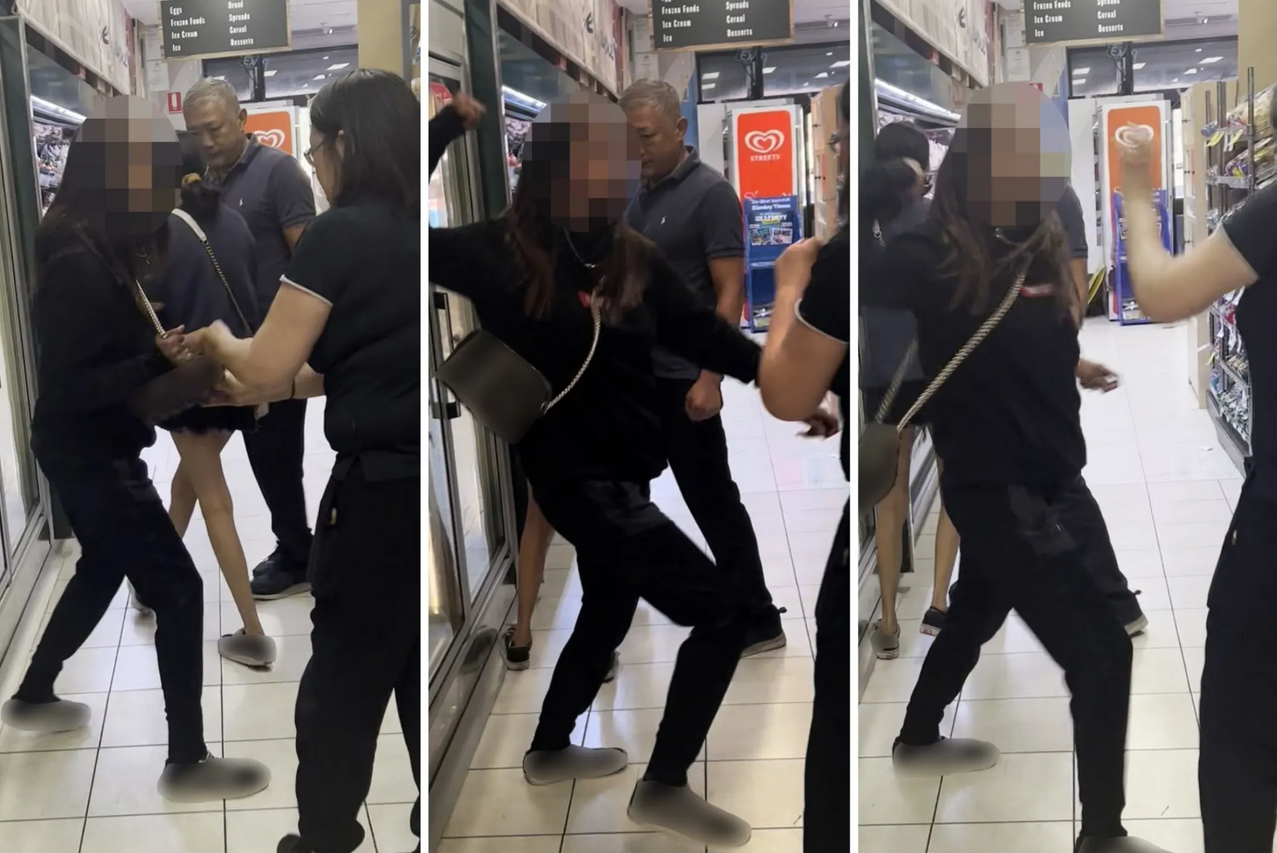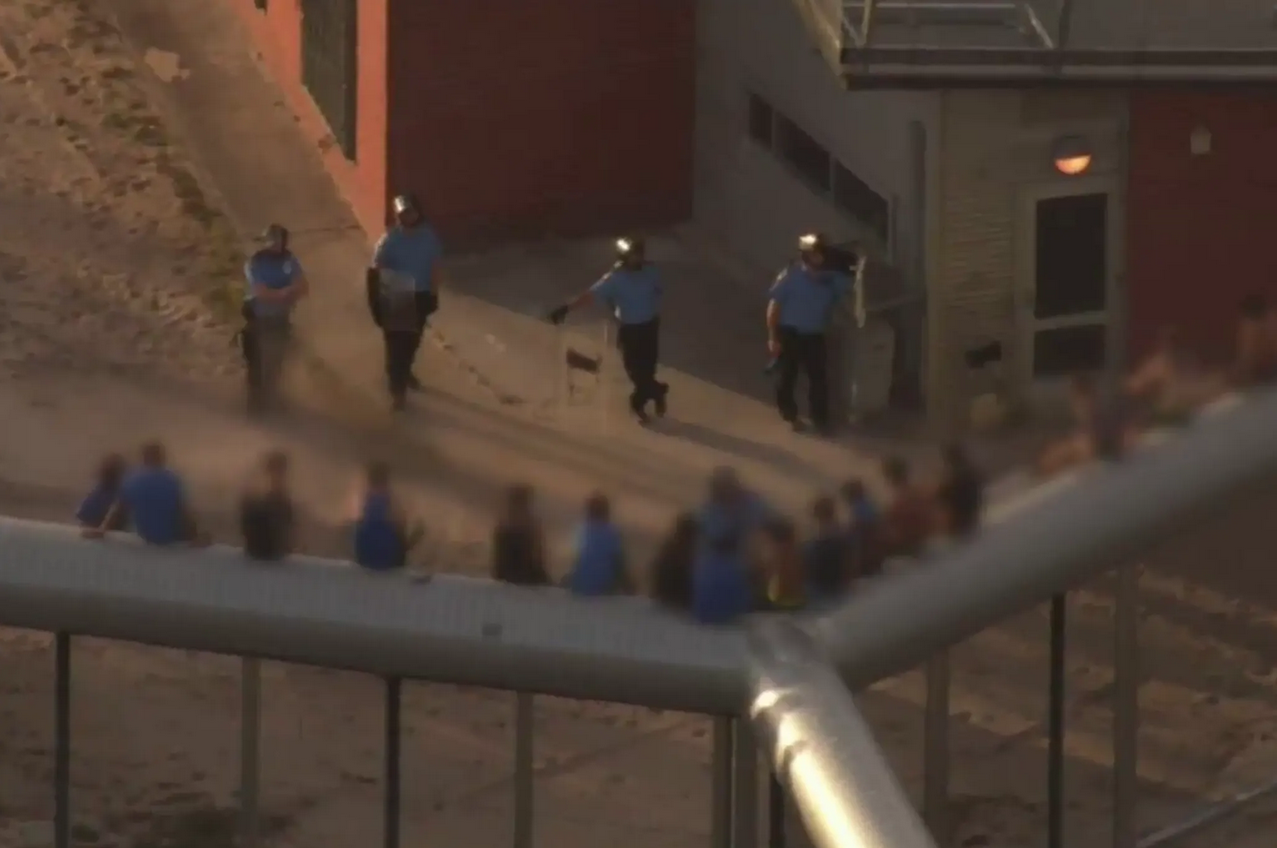Child commissioner says Mark McGowan’s rhetoric ‘demonises children, makes public feel unsafe’
The government-appointed advocate for children has blasted Premier Mark McGowan for his commentary on Banksia Hill Detention Centre detainees, saying the rhetoric criminalises and demonises children who may not even be found guilty of a crime.

McGowan has continually said the government did everything it could to keep young people out of Banksia Hill through diversionary programs and detainees were normally offenders who had committed serious crimes.
In a radio interview on 6PR on January 10 McGowan maintained his hardline stance and said: “the reason they’re in Banksia Hill is normally because they’ve committed multiple, multiple, multiple crimes, some of them extremely serious.”
“We have people in there who have committed rapes and murders and robberies.”
Of the 91 young people in Banksia Hill right now, 59 are on remand (awaiting trial) and 32 are sentenced. Five are there in relation to homicides.
Children and Young People Commissioner Jacqueline McGowan-Jones said there were some children at Banksia Hill who had not even been to court and the premier’s commentary worked on a presumption of guilt before innocence.
“This type of assumption is very damaging as it makes the public feel unsafe and does not provide a true picture of what is occurring,” she said.
“It also criminalises and demonises children.
“We know children have been charged for a number of reasons – but charged is not guilty.”
WA Police has unsuccessfully attempted to contact the Department of Communities and family members of the Ashfield IGA accused, aged 13 and 14, to find a responsible adult to could act as their carer, which might have avoided the girls being sent to Banksia Hill.
The magistrate claimed the police did not try hard enough and wanted the state to look into why they could not find a responsible adult.
The commissioner said this was a common occurrence and reflected failures in the system including a lack of resources in the Department of Communities.
“The key issue remains that we should have options for children and young people who have not been sentenced – those on remand should not be co-located with those sentenced,” she said.
“It leads to disruption for all who are in the facility. It means the facility is unable to provide stability for those who are sentenced and enable the delivery of education and other programs on a regular basis.
“It means we require more staff in the facility and we already have significant staffing issues and this leads to children being locked down and causing further damage to their mental health.”
McGowan said couldn’t comment specifically on the IGA incident but the video of the alleged theft “was not good to watch” and he backed the decisions by police afterwards.
“I actually feel sorry, for shopkeepers trying to run their business,” he said.
“Sometimes it’s difficult to find the appropriate person to look after these juveniles, so police have to work out what to do and they have limited time to do it so I wouldn’t be too critical of them.”
McGowan also said remanded offenders ending up in Banksia Hill, was a matter for the courts.

“People are put on remand by the courts, so the courts make those decisions and they are left there because often the crimes for which they are accused are extremely serious,” he said.
“I’ve met people who say there shouldn’t be any detention, that somehow people are not responsible for their actions, I fundamentally disagree. You have to have some sort of consequence.”
McGowan has continually defended his government’s and Corrective Service Minister Bill Johnston’s handling of the youth justice system despite significant pressure from advocates concerned at the treatment of detainees.
The government also defended the use of a separate youth detention unit set up in mid-2022 to house the most disruptive detainees known as Unit 18 after they caused significant damage to cells at Banksia Hill.
There are currently 17 detainees in Unit 18.
McGowan and Johnston have previously stated the temporary use of Unit 18 resulted in a much better atmosphere at Banksia Hill; however, over the summer holiday period, staff were forced to quell two separate incidents where detainees climbed roofs.
The New Year’s Eve riot sent the prison into lockdown for eight hours as detainees set alight two buildings in the centre’s education area.
On Friday a symposium will be held in Perth on the class action case against the WA government involving more than 500 past and present detainees who claim they were mistreated while in the state’s youth justice system.
One of those involved is an 18-year-old woman who claims she was held in solitary confinement for 18 months when she was 13.
On Thursday McGowan said he found the claim “very hard to believe”.
He cast doubt on the information being provided by activists.
“Activists provide misleading information on these things,” he said.
The government has announced it would spend an extra $63 million on security, staffing and mental health support at Banksia Hill on top of $25 million already pledged to repair and refit damaged cells for the centre’s most violent detainees.
A Department of Communities spokesman said in all circumstances possible it aimed to keep a child’s existing placement or find them an alternative appropriate placement after they had been granted bail, regardless of the crime they are alleged to have committed.
“Communities has a co-located senior child protection worker at Banksia Hill who spends a significant amount of their time coordinating support plans for children in care between Banksia Hill Detention Centre, Department of Justice, regional offices and partner districts,” he said.
YOUTUBE:
Four Corners delves into the use of a dangerous restraint practise at Banksia Hill.
It is alleged the extended confinement, strip searches and use of force had a “compounding effect” on her disorder.
The other lead applicant, a young man with an intellectual disability, was also allegedly subjected to excessive force and denied family visits.
The affidavit alleges he was held in solitary confinement at one point for 10 days at a time.
It also alleges he was subjected to a controversial restraint practice known as “folding up”.
The practice involves bending a child’s legs over their buttocks and then pressing down.
Following the airing of footage of the practice being applied to a detainee on the ABC’s Four Corners, the Department of Justice last month announced it was being phased out.
The affidavit alleges he was taunted about his intellectual and mental health disabilities by staff and not given access to any education while in the cell.
The class action claims children held in the detention facility are subjected to discrimination, unlawful imprisonment, restraint and assault and battery.
It alleges the state has breached its duty of care obligations to the children inside Banksia Hill.
In the wake of mounting criticism of the facility, the West Australian government recently announced it would build a second youth justice facility in WA’s Kimberley region.
It has also announced a $63 million investment in improving and strengthening security in accommodation, education and training areas used by “high risk and difficult” detainees.
A new “cultural support and enrichment service” will also be funded, which will be run by an Aboriginal-controlled organisation.
A further $22 million will go towards hiring more staff, while $10 million will be spent on expanding multidisciplinary mental health services.
The class action case is expected to take two to three years.
WA Corrective Services Minister Bill Johnston was contacted about the allegations in the court documents, but declined to comment.
“As this matter is before the court, it would not be appropriate to comment,” a Department of Justice spokesperson said.



